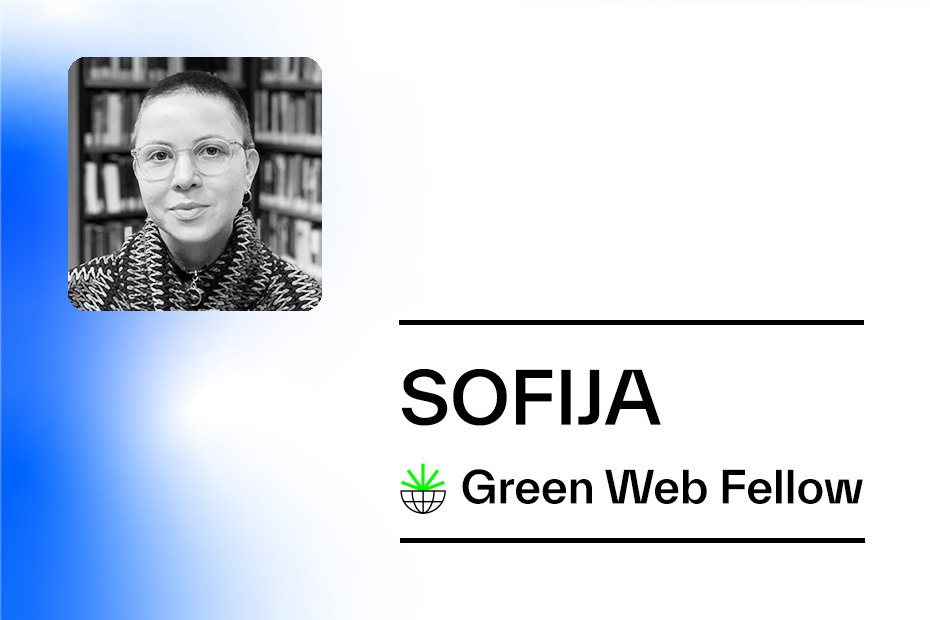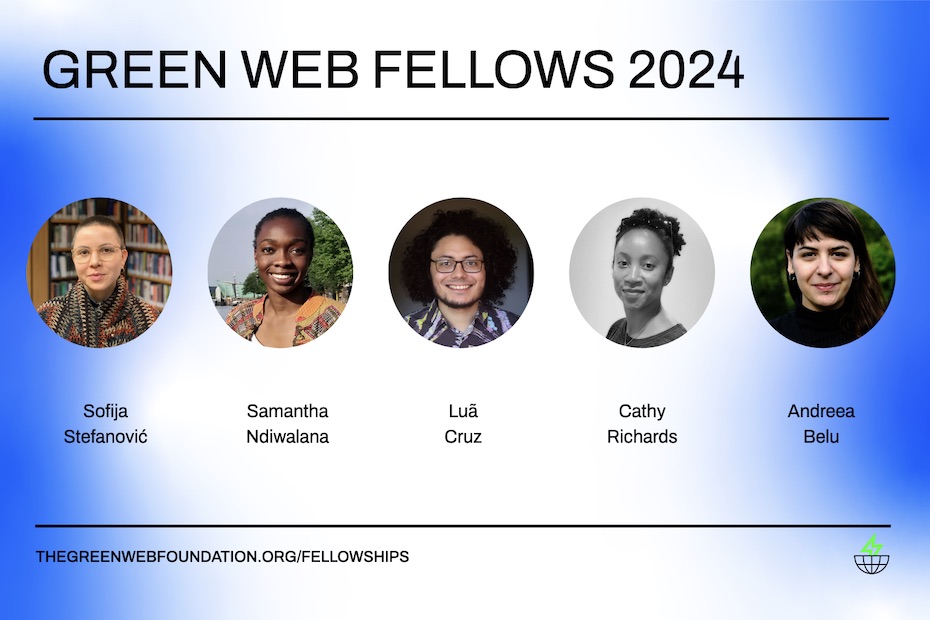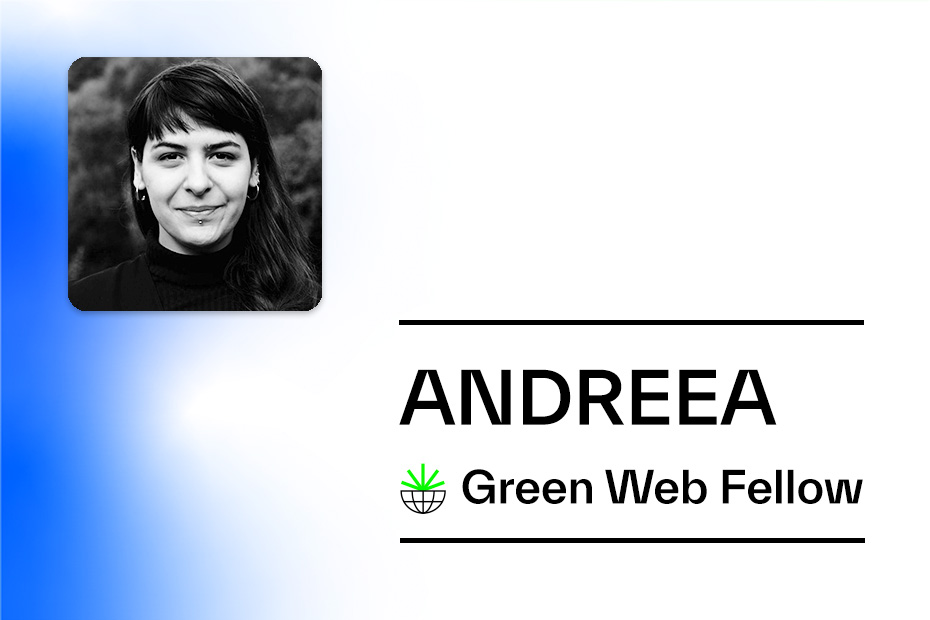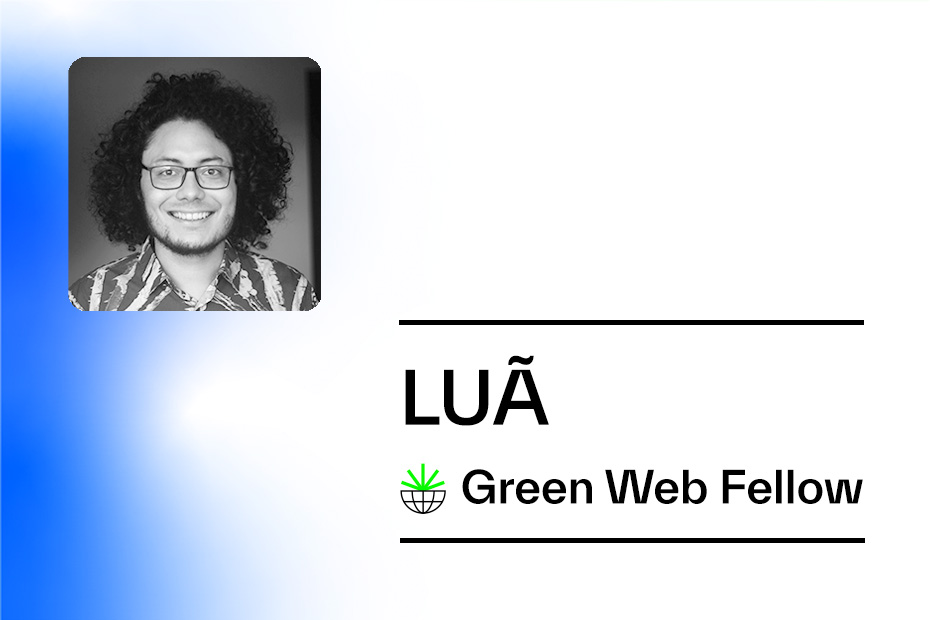Pozdrav! In this first public note, I share my current intentions for this project and how I might bring you along through these notebooks and elsewhere.
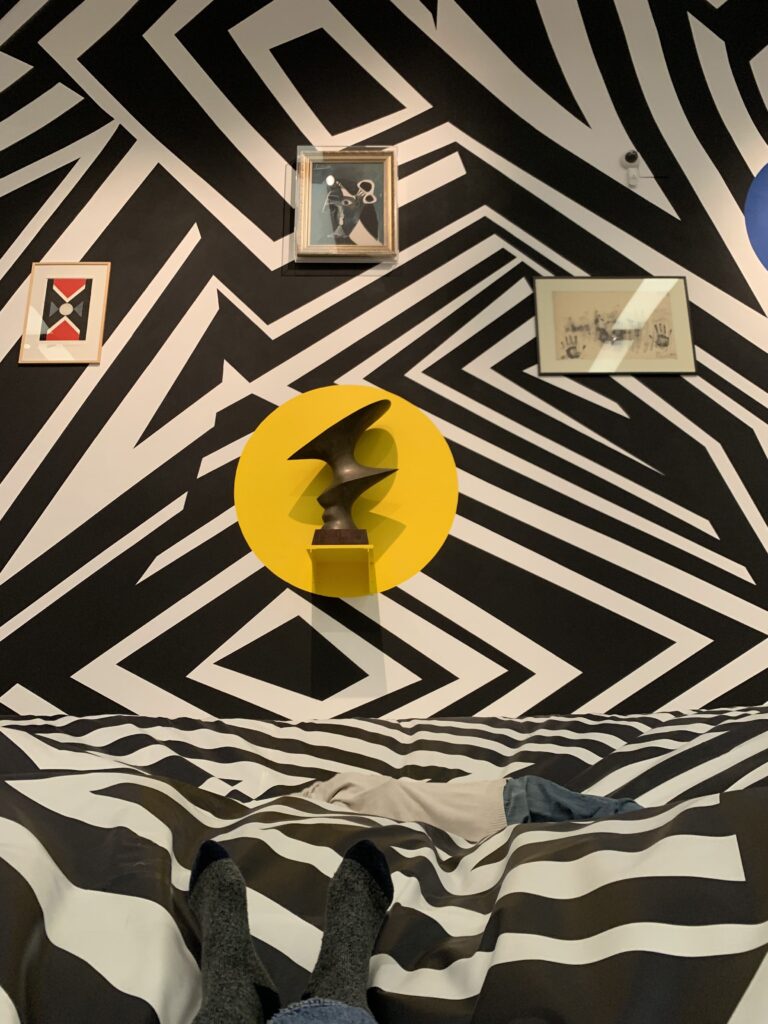
Although this fellowship project is formally associated with me, the work it facilitates is collective and long-term. The questions and ideas outlined here are a product of more interactions than I can name, including conversations and skillshares in conference workshops, inside mine pits, squatted buildings, during protests and road blockades, university buildings, front porches, buses and pickup trunks; movements and other meditations at dance studios, community centres, church floors and facing pine woods; listening, and lots of it: to spoken words, voices shivering, wind gushing, chests tensing, hip joints rotating, diesel generators rumbling, sounds pausing.
I will stick to the widespread academic practice of referencing ideas that have been documented, and I will experiment with ways to make knowledges that are often unacknowledged or put down more visible in how I write these accounts (in a decolonial feminist spirit)–feeling out what it’s like to move through the struggle of articulating in words (particularly as somebody who can feel stuck moving between languages). I invite you to read this writing as a snapshot of immersion in places/worlds/relations. This is how I intend to treat it.
Defending what?
In writing about oppression and struggles there is a risk of reproducing what Eve Tuck refers to as ‘damage-centred research‘ which can (often unintentionally) cement the idea that a particular issue or entire communities are a ‘lost cause’. For example, how the post-Yugoslav region is written about in Western scholarship and other outlets as permanently troubled, damaged, dysfunctional. I aim to give enough context for those unfamiliar with the (environmental) struggles unfolding to engage respectfully and compassionately without resorting to laundry lists of all the pollution-related and other harms. I will also prioritise the voices of those who are immersed in the struggles in meaningful ways as opposed to those who attempt to position themselves as ‘on the outside looking in’.
My own (conscious) entry point was organising with a collective around river pollution from an ammunition factory Sloboda (Freedom) and around acute air pollution in my hometown Čačak in 2020. It was from this that my engagement deepened and expanded, mainly across extractive industry frontlines, as new mining licenses were given out to companies from both the West and East. A key struggle has been around the Rio Tinto lithium mine–a case that exemplifies the deep injustice of green capitalist ‘solutions’ being offered up as a response to the spiralling climate crisis, as well the power to resist and pushback against the mining giant.
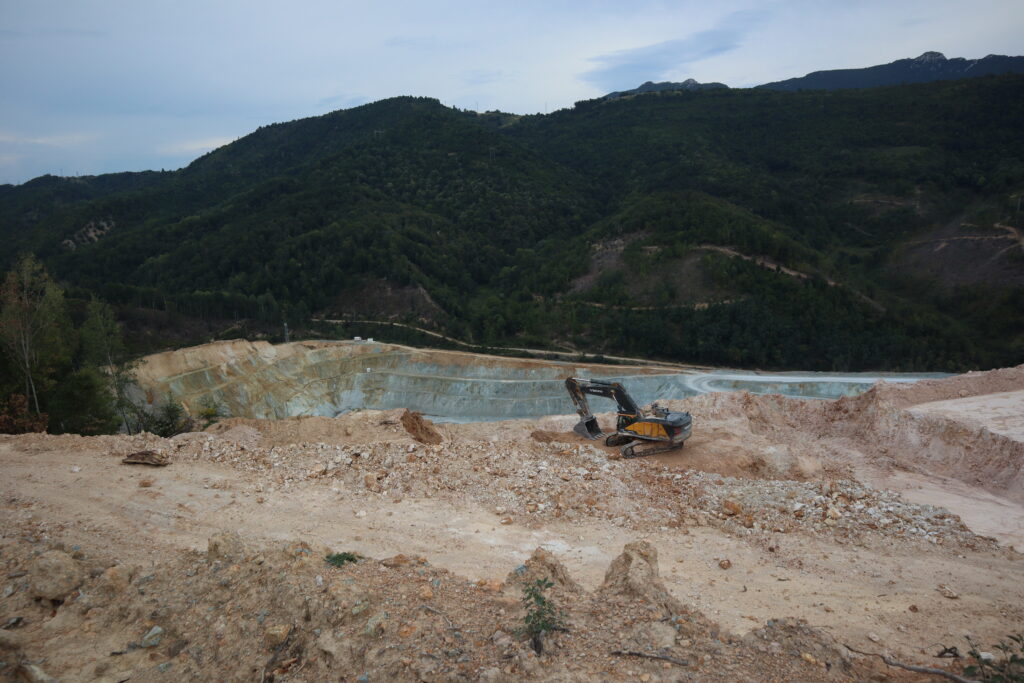
Collective who?
When I say defenders this will often include myself, and I will try to be specific enough to not flatten important differences in experience that arise from the (often dramatically) different positionalities of people who are involved, yet without revealing personally identifiable information. I suspect this is going to be a tricky balance. The co-conspirators who’ve already signed on to this project might describe themselves as ecological activists, artists, researchers (both within and outside formal institutions), queer, culture workers, concerned citizens, feminists, organisers, traditional, diasporic, locals, deep ecologists, parents, tetke, grandmothers…
As you might be aware, there is a long and turbulent history of protest and organising in what’s present-day Serbia and lots of theoretical and embodied wisdom and knowledge that’s accumulated through these struggles. There’s also a lot of exhaustion, frustration, and everything that comes with trauma sustained over generations and the day-to-day violence of unhinged capitalism. Meaning you can safely bet that while many people know how to deal with teargas and other police brutality, many of us could use deepening and strengthening practices that sustain our collective engagements.
While the expertise I mention also exists in the sphere of digital security–most notably through the work of the SHARE foundation–hardly any of the comrades I’ve spoken to are aware of or making use of the resources as they currently stand. I see the process facilitated by this fellowship as a collective exploration and resourcing, giving some structure to a long-term process that fosters a feminist approach to collective care and security.
What is holistic about security?
A question that’s come up in several conversations since the start of the fellowship is around the meaning and appropriateness of the term ‘holistic security’.
The word security makes me think of the CCTV snap you can’t say no to, the G4S buffs who join the police to block entrances, roads, safe exits and protect the destroyers or their machines by pushing you aside, below, under. It’s sterile and mechanical–kind of like the dominant world of capitalist modernity work like this is hoping to unseat, if for a moment. Can it be appropriated? Should it?
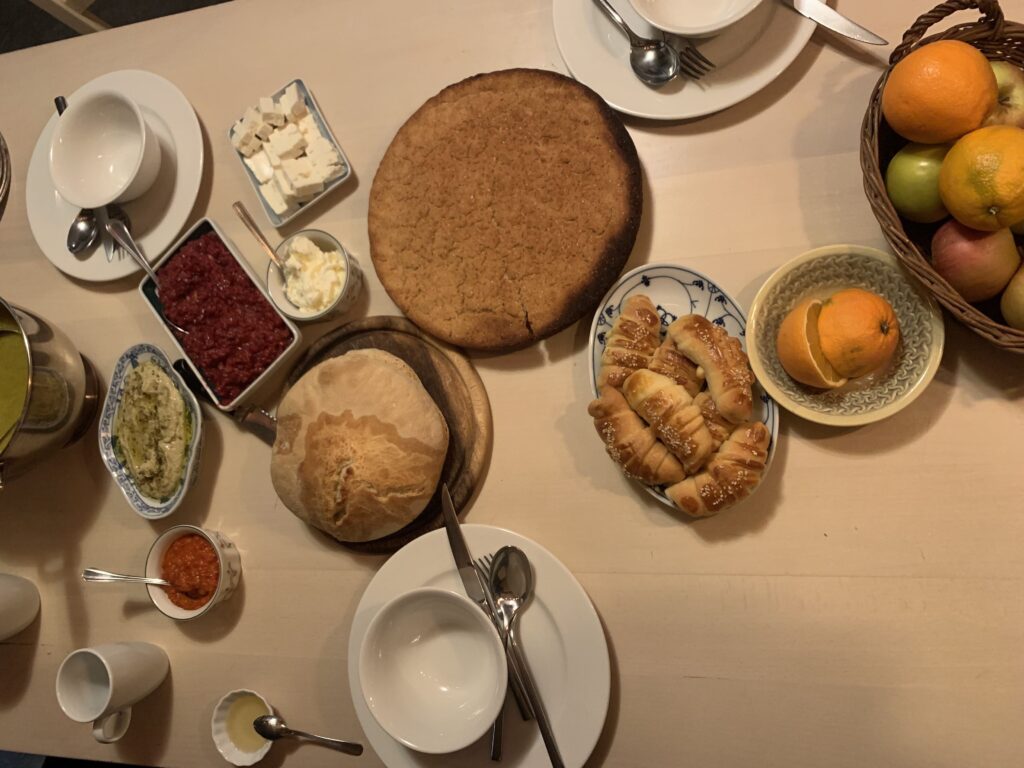
If you’re encountering this term for the very first time (I was there a few months ago!), it comes from the holistic security manual that centres the insights gleaned in many movements historically and currently around the importance of mental and physical wellbeing for sustained political action. In particular, the Gendersec Curricula is one of the starting points for our experimentation with fine-tuning existing resources (Thanks Spiredalex for introducing me to these and all other helpful chats!). The journey in the next phase will take me alongside the group that’s shaping up on a deep dive into what makes (each of) us feel safe and not, connecting the context of organising in environmental collectives within Serbia, across the Balkans and further transnationally with feminist cybersecurity initiatives to explore and shift our practices. Crucially (but not only) this means moving away from a tool-centric approach to digital security and instead establishing continuity between digital and non-digital spaces as part of practising collective care.
A part of this work will involve sharpening our understanding around ways in which defenders are increasingly getting criminalised–I think about this primarily as resourcing the ecosystems we’re part of both locally and internationally, as opposed to appealing to any institution to pay attention to the kind of state-sponsored repression defenders are facing (although that might be a side-effect). I’m already hearing how this situated knowledge could contribute to building tools and methodologies to know how to respond to the increasing criminalisation of land defenders. I hope it will also involve growing capacity for joy in the face of repression coming from the state, corporations as well as oppressive behaviours from co-conspirators.
The weight of digital oranges
I’ve been in equal parts excited to read more about the other fellows’ journeys and uneasy about ‘sharing in the open’ (as many of you will know, doing anything tied to your full name is not best organising practice). My most substantial contribution to social media over the past few years has been to take down most of what I had put up since my teenage days–sharing thoughts on organising online beyond the occasional instagram story is a new experience for me.
Would it be better to keep everything we do incognito, at least as far as leaving digital traces goes?
A dance practitioner and teacher in a class I went to recently talked about a partnered exercise as being brought into a complex web of relations, allowing for the integration of the things we had spent hours working on inwardly, tuning in with our bodies. For now, I embrace the learning-in-the-open spirit to integrate, while erring on the side of caution with the level of detail I share. Much like tuning into the subtleties of partnered dancing to find ‘the weight of two oranges’ between you so you can move in conversation.
I’ve already had many inspiring encounters in this first month of the fellowship and I am permanently grateful for all the generosity I receive. If there’s any thread you recognise in this blurb you’d like to explore together, any piece of text, visual, or sound you think might be helpful for this journey I’d love to know about it.
